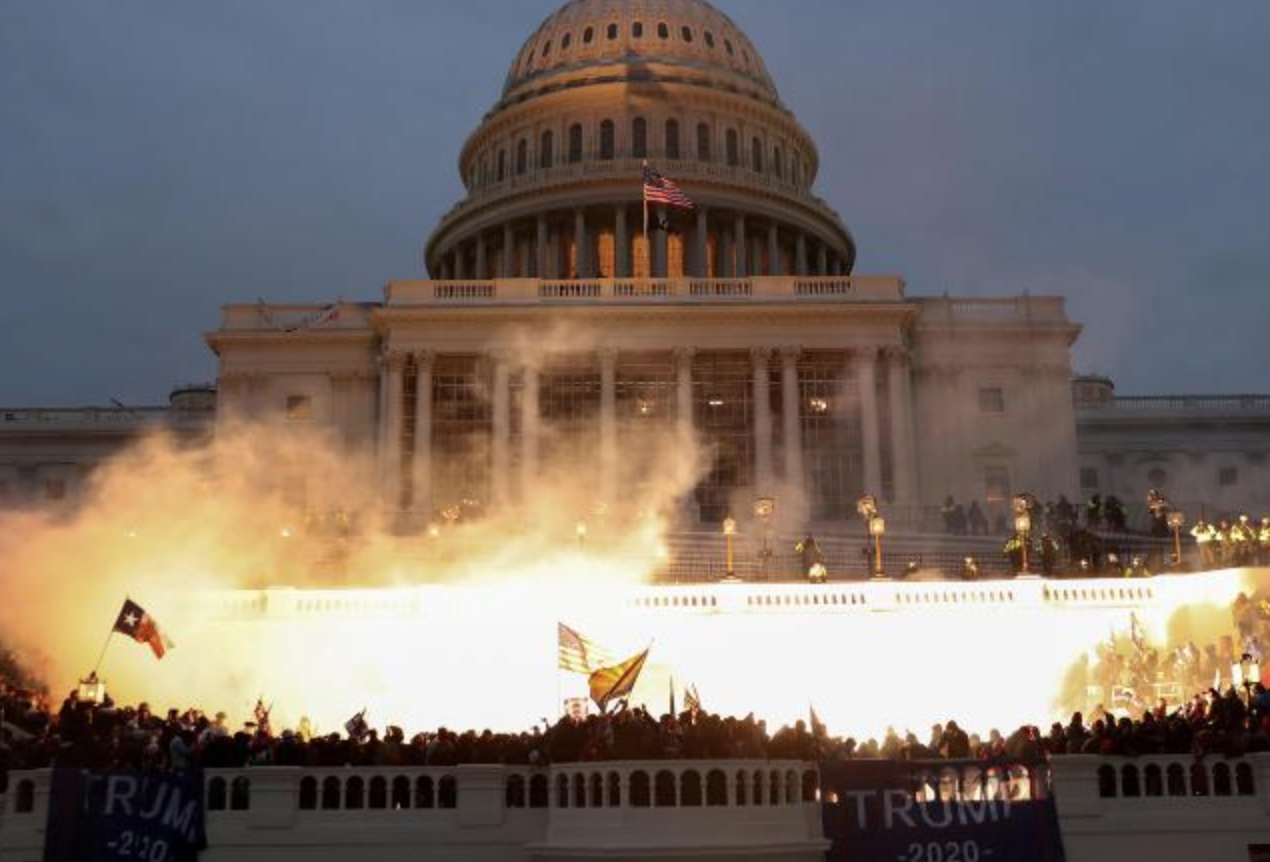Another day, another religious and-or political statue destroyed.
This is the age in which we live. In this case, however, the act of vandalism has received national coverage in the mainstream press, since this event was — with good cause — unique and controversial.
The Associated Press headline, for those who who have ignored this media storm: “Former Mississippi House candidate charged after Satanic Temple display is destroyed at Iowa Capitol.” Here is the overture:
DES MOINES, Iowa (AP) — A Satanic Temple display inside the Iowa Capitol in Des Moines was destroyed, and a former U.S. Navy fighter pilot who was recently defeated in a statehouse election in Mississippi is accused of causing the damage.
The display is permitted by rules that govern religious installations inside the Capitol but has drawn criticism from many conservatives, including presidential candidate Ron DeSantis. A Facebook posting by The Satanic Temple … said the display, known as a Baphomet statue, “was destroyed beyond repair,” though part of it remains.
Michael Cassidy, 35, of Lauderdale, Mississippi, was charged with fourth-degree criminal mischief, the Iowa Department of Public Safety said Friday. He was released after his arrest.
Yes, there are important “equal access” angles attached to this story. If Iowa created a law allowing temporary placement of religious symbols in its facilities, then — once again — the law should apply equally to all groups without “viewpoint discrimination.” Yes, this was the topic of last week’s “Crossroads” podcast here at GetReligion.
There are some angles to this latest Satan worship story that are rather interesting and worthy of further investigation by journalists. Let me list a view:
* The Des Moines Register story about the crime included an important detail about the attacker. Read to the end of this chunk of that story:
The solicitation for donations on GiveSendGo, the contribution platform, said Cassidy "tore down and beheaded a Satanist altar erected in the Iowa State Capitol." It said he "pushed over and decapitated this Satanic statue before he discarded the head in a trash can."







